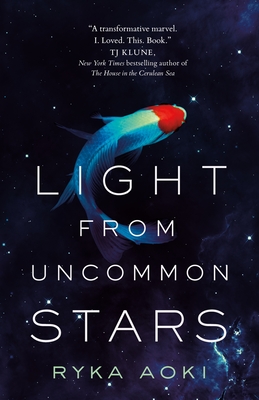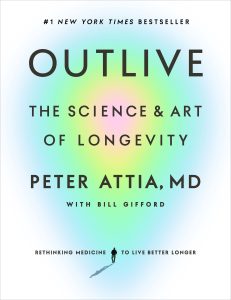
Ryka Aoki’s Light from Uncommon Stars is a novel that defies categorization. It’s part science fiction, part fantasy, part contemporary drama and entirely original. It’s a story about a violin teacher who owes her soul to the devil, a runaway transgender prodigy with a broken heart, and a family of donut-making aliens trying to build a stargate in suburban California. Somehow, it all fits together, creating a narrative as strange and beautiful as a symphony played under starlight.
A Story That Sings
Shizuka Satomi, once a world-famous violinist, is known in musical circles as the Queen of Hell. Years ago, she made a Faustian bargain: in exchange for her own success, she must deliver the souls of seven gifted students to the demon who holds her contract. She has already found six. Her final chance at salvation arrives when she discovers Katrina Nguyen, a young transgender runaway whose wild and raw violin talent moves her deeply.
Katrina has escaped an abusive home, finding solace in music and video game soundtracks. Her playing is chaotic but full of soul, and when Shizuka hears her, she sees both an opportunity and a reflection of herself. Yet what begins as manipulation slowly turns into something far more human a teacher’s love for her student, a mentor’s desire to protect instead of exploit.
And then there’s Lan Tran, a former starship captain turned donut shop owner, who fled across galaxies with her children to escape an interstellar plague. When she meets Shizuka, sparks fly not the infernal kind, but the warm glow of connection between two souls who have each carried unimaginable burdens. Their quiet romance, set amid powdered sugar and coffee steam, becomes one of the most tender threads in this sprawling, genre-bending tale.
Magic, Music, and Meaning
Aoki’s prose is lyrical and sensory, filled with the textures of music and food. She writes with such affection for her characters that even scenes of sorrow feel lit from within. The descriptions of violin playing are particularly stunning: you can almost hear the strings vibrating, the notes trembling with longing and defiance.
The book’s fantastical elements demons, aliens, interdimensional travel never overshadow its emotional core. Instead, they amplify it. Each element serves as a metaphor for identity, art, and survival. Aoki transforms the supernatural into something deeply human: the fear of rejection, the search for belonging, the joy of creation.
The Heart of the Story
At its core, Light from Uncommon Stars is about finding family in the most unexpected places. It’s about how music can save us, how kindness can redeem us, and how even those who believe they are damned might still find grace. The story celebrates queer and transgender identities not as struggles to be overcome, but as sources of beauty, creativity, and strength.
Aoki doesn’t shy away from difficult topics abuse, transphobia, self-harm but she balances them with gentleness and humor. Katrina’s journey feels real and raw, yet the book refuses to leave her in despair. Her story, like a well-played sonata, moves from discord to harmony, from isolation to connection.
Style and Substance
The novel’s structure can feel unconventional. Aoki frequently shifts perspective between characters even mid-scene which may feel disorienting to some readers. Yet this fragmented rhythm mirrors the music that runs through the novel: improvisational, unpredictable, alive. For readers willing to surrender to its flow, the reward is immense.
The tone is defiantly joyful, even when dealing with sorrow. There’s something profoundly healing about how Aoki writes, as if every sentence is a small act of resistance against cynicism. The book’s blend of humor, love, and cosmic absurdity creates a world that feels both fantastical and achingly real.
Final Thoughts
Light from Uncommon Stars is a rare gem a story that dares to mix demons and donuts, violins and starships, tragedy and transcendence. It is about the redemptive power of art and the courage it takes to be yourself in a world that wants to define you.
Ryka Aoki’s novel shines with compassion, imagination, and heart. It is, quite simply, a hymn to all the misfits, dreamers, and creators who believe that even in the darkest night, light can be found in uncommon places.


